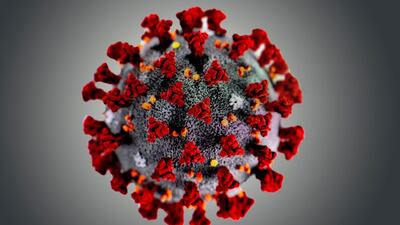Executive Summary
Computer systems validation (CSV) has long been a regulatory necessity but is considered time and resource-consuming to execute.
In recent years, global regulatory requirements have evolved in many areas of the MedTech product life cycle management.
Despite widespread recognition of the importance of diversity in clinical trials, most trials still fail to recruit diverse participants.
Fourier-transform infrared (FTIR) spectroscopy is one of the most common forms of infrared spectroscopy and one of the most popular analytical techniques for quality assurance (QA), quality control (QC), and materials identification in the pharmaceutical industry.
The explosion of real-world data (RWD) and the advent of new tools to process that data is generating a growing body of real-world evidence (RWE).
Advanced therapy medicinal products (ATMPs), also known as cell and gene therapies, are a relatively new frontier in medicine.
Biopharma companies have struggled for years with inefficient, costly, and burdensome processes related to country-level activities, such as pharmacovigilance (PV) and medical information services (MI).
The MedTech and pharmaceutical industries have experienced many changes over the past few years that have impacted how they handle data and manage workflows across their safety, regulatory, and quality functions.
The success of global MedTech product launches is determined not just by the speed of registration, but also by the predictability of process cycles, the consistent delivery of right first-time submissions, and the cost- and time-efficient design of parallel country submissions.
Patient recruitment is a decisive factor in the success of clinical trials and is a key challenge to completing and delivering such studies.
The activities of Product Quality teams in the life sciences industry are attracting rising levels of attention.
Implementing product improvements and managing those changes from a regulatory, quality, and safety perspective is crucial for MedTech companies.











